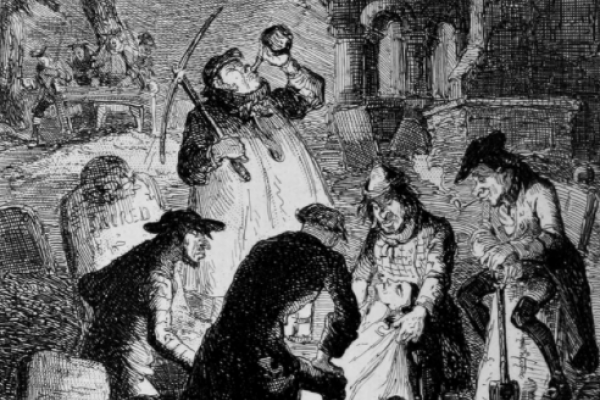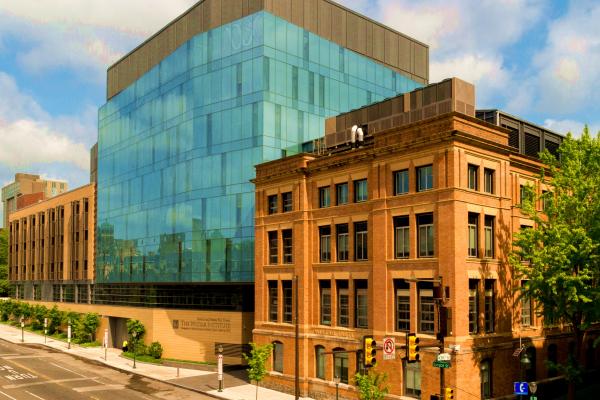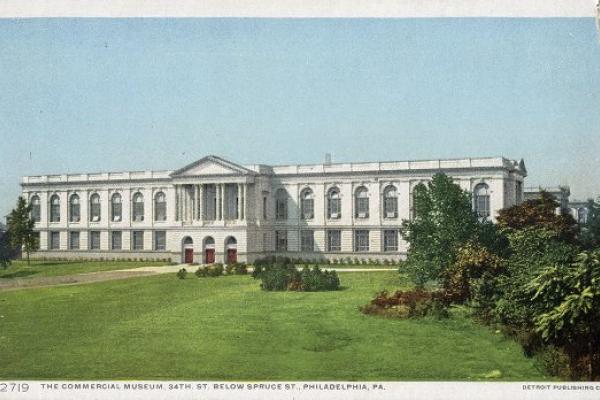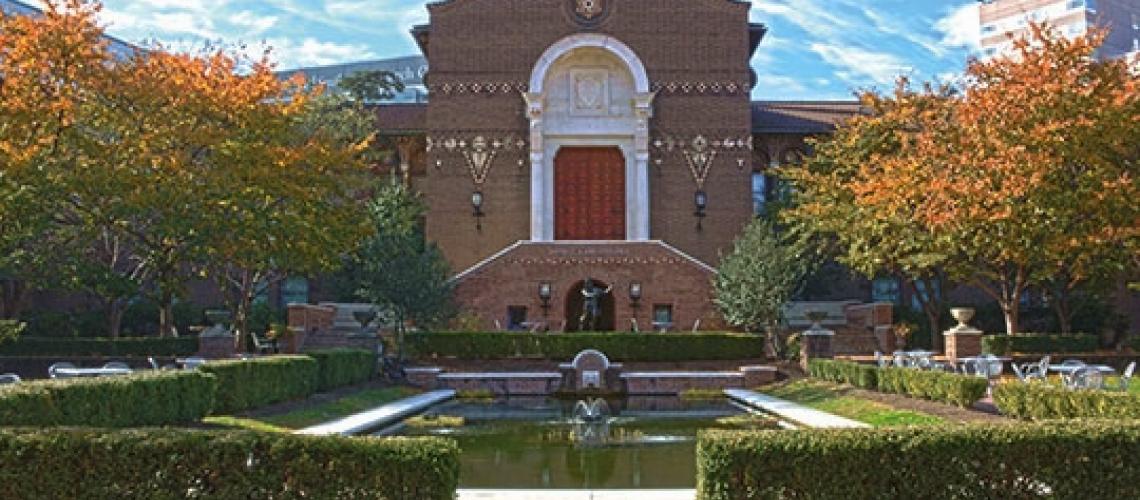Contemporary photograph of University of Pennsylvania Museum of Archeology and Anthropology, which opened its first section in 1899 on property acquired by the University from the Philadelphia (Blockley) Almshouse. The Penn Museum houses the Department of Archeology and the Department of Anthropology.
Students of anthropology at the University of Pennsylvania contribute articles about uses of land acquired from the Blockley Almshouse for scientific purposes at the turn of the twentieth century.
Three articles deal with particular uses of land acquired for public and private scientific purposes from the Blockley Almshouse at the turn of the twentieth century. Each article brings an anthropological perspective to its subject. Two articles highlight collections of human remains for medical purposes—one describing the Almshouse’s potter’s fields as a disreputable source of cadavers for medical training, another tracing the history of biomedical research at the Wistar Institute. The third article sketches the 70-year history of the Philadelphia Commercial Museum.
Stories in this Collection
 Although grave robbing occurred near medical schools across the United States in the nineteenth century, as a consequence of its place as a prestigious seat of American medicine, Philadelphia’s grave-robbing racket was internationally notorious. The Philadelphia Almshouse’s large potter’s field was among the city’s most targeted sites for grave robbing and was a major source of bodies for dissection at the University of Pennsylvania Medical School. |
 Named for the anatomist Caspar Wistar, the Wistar Institute housed human and animal specimens and models that were integral to teaching anatomy to Penn medical students throughout the nineteenth century. Later the Wistar’s focus shifted toward biomedical research, and in the decades after World War II, its scientists undertook research in oncology and vaccine development, earning the Wistar’s designation as the country’s first cancer research institute in 1972.
|
 Occupying sixteen acres of land near the west bank of the Schuylkill River, on former grounds of the Blockley Almshouse, the Philadelphia Commercial Museum opened in 1899. Until its closing in 1982, with its extensive collection of foreign objects and information about foreign markets in one place, businesses that wished to sell goods overseas could access expertise and information crucial to their trade. |
